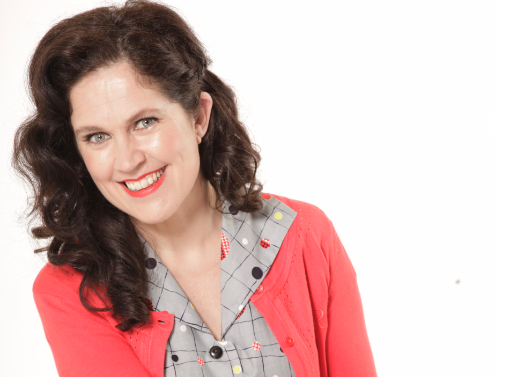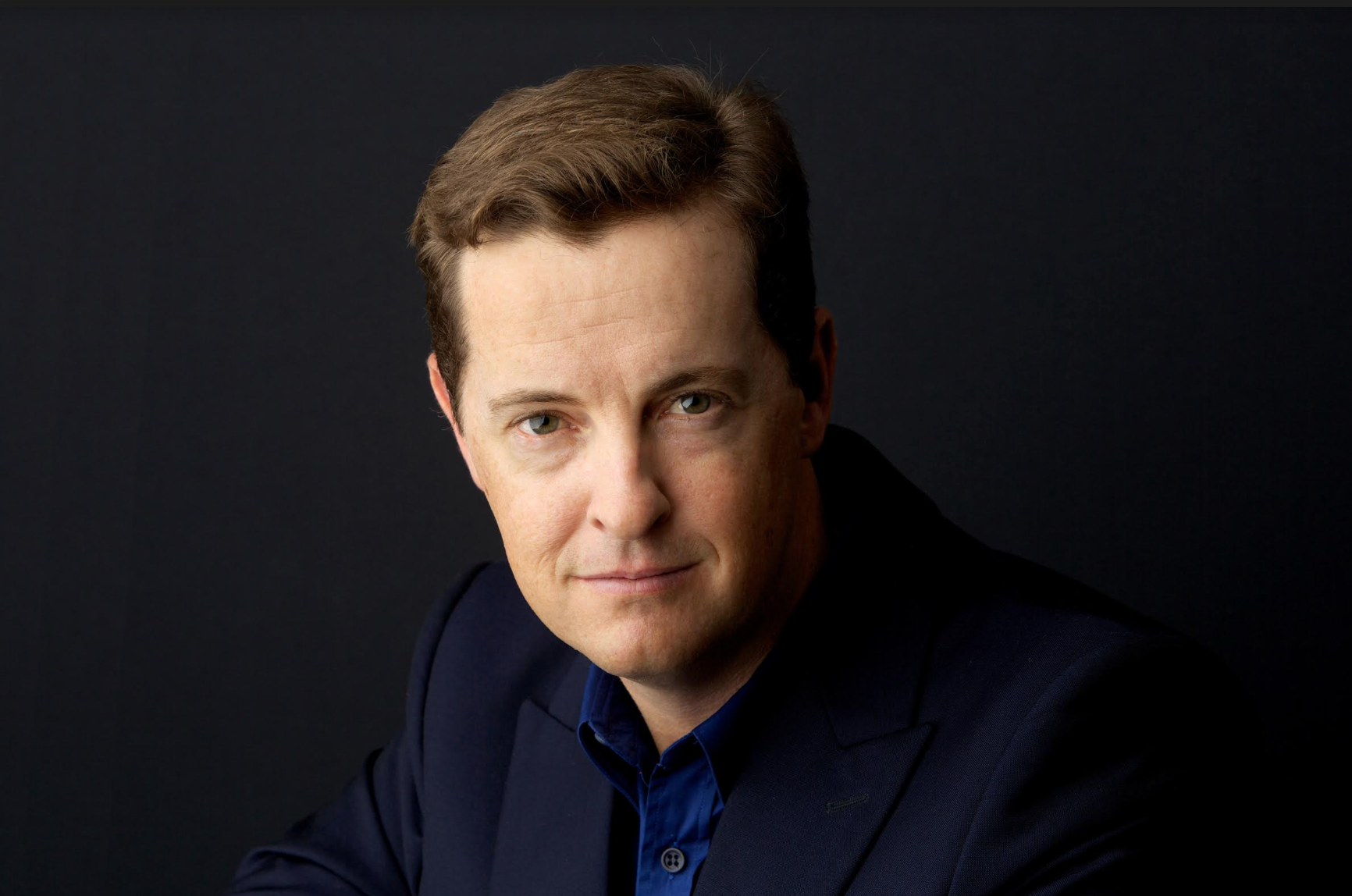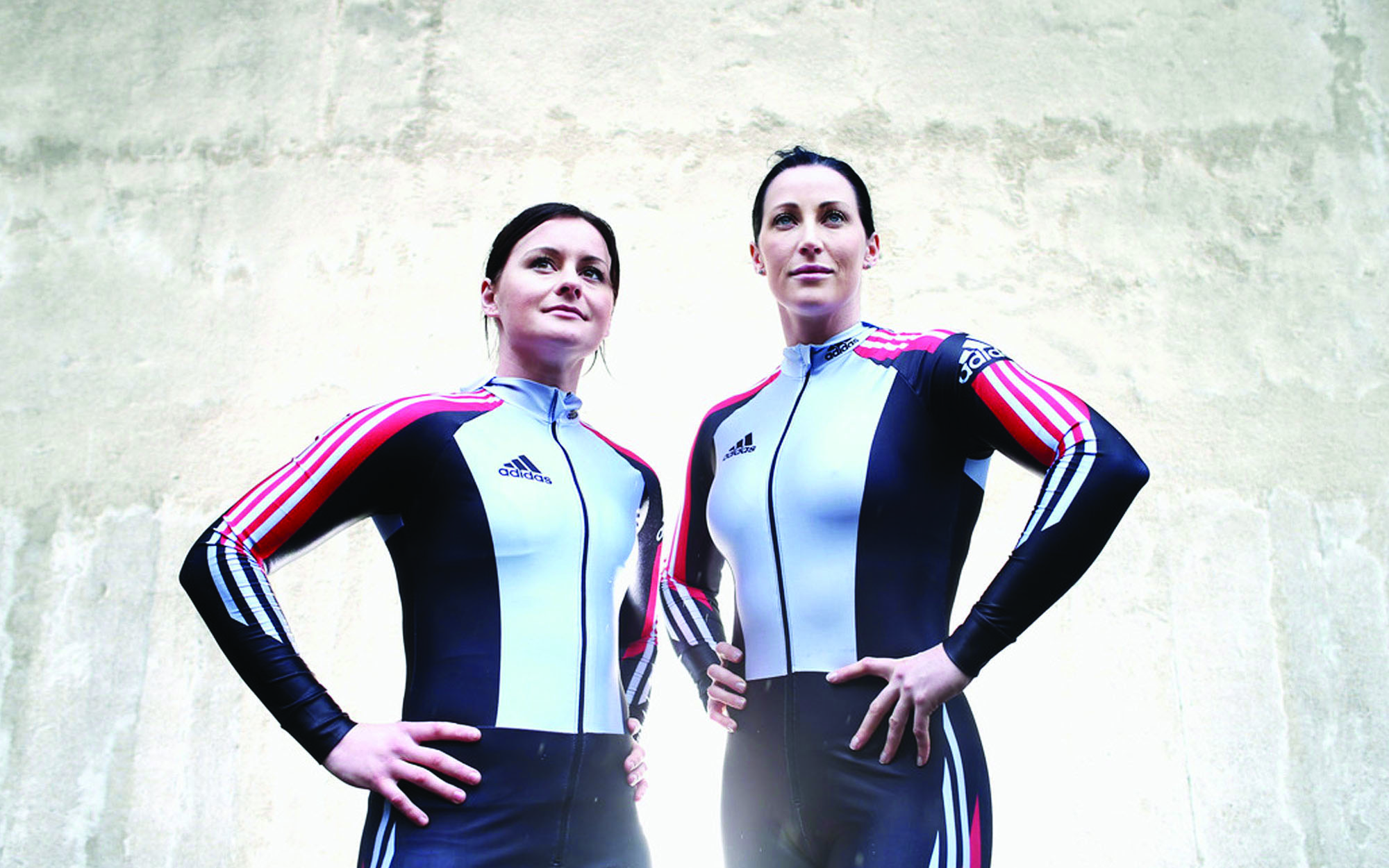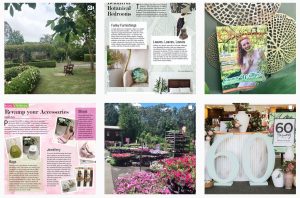ABC’s chief online political reporter, Annabel Crabb, promotes the stars with many balls in the air. Those who ought to be in the centre of the ring? Working fathers. Steph Nash reporting.
Trying to balance career success with family commitments is a juggling act that many working mothers know all too well. Political reporter Annabel Crabb is no stranger to this challenge. Now, another ball has been thrown her way with an Australian tour to launch her new book, The Wife Drought. The new season of her television series,Kitchen Cabinet, is also mid-production. Exhausted, she has spent little time at home with her husband and three children over the last few weeks.
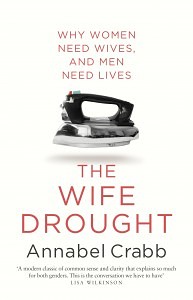 The Wife Drought provides fresh insight into why women only comprise about 12 per cent of all ASX 200 directorships and why women struggle to rise to executive-level positions in corporate Australia.
The Wife Drought provides fresh insight into why women only comprise about 12 per cent of all ASX 200 directorships and why women struggle to rise to executive-level positions in corporate Australia.
Crabb’s answer? Men. Have. Wives.
“If you are a working parent who is a mother, you are statistically unlikely to be having a similar experience to a working father,” she says. “They may have equal skills, they may have equal experience and ability, but the guy is five times more likely in our society to have a partner who is working part-time or at home and who is taking care of a lot of stuff that his female competition is still spending a lot of time worrying about.”
According to Crabb’s statistics, the likelihood of a working male with two children under the age of 15 having a wife working part-time or at home is 76 per cent. The odds for a working woman with the same aged children, and a part-time employed or stay-at-home husband? 15 per cent.
Crabb says this reveals a major difference in the experience that working men and women have at home, with full-time employed women spending 41 hours a week on domestic duties compared to their partners, who average about 20 hours a week.
The Wife Drought narrows in how assumptions based around mothers and children are ingrained into Australian culture – so much so, that we are almost celebrating the apparently hilarious taboo of the stay-at-home father. Channel Nine’s prime-time comedy House Husbands is an example that gets Crabb worked up. She says the show more or less prevents Australian society from accepting that men with children are also parents, and that they should have the same amount of familial responsibility as their wives.
“There aren’t sitcoms based on ‘Ha! A woman in the workplace!’ But there are still sitcoms based around men bringing up children. That’s strange to me, it’s really kind of lopsided,” she says. “In this culture, like many others, we base our humour and culture on what is normal and abnormal. Something unusual is seen as funny. A man in charge of children is still to some extent a ripesource for comedy, which is ridiculous because there’s no reason why men are inherently bad at that stuff. It’s just that we still at some level don’t really expect them to be as fully engaged.”
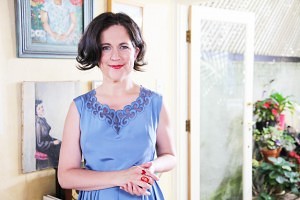
Crabb says that Australians have deluded themselves in to thinking that mothers and fathers are treated equally.
“But you also have to look at the signals that we send men, and there’s a whole class of advertising that is devoted to making jokes about men being crap at housework. It’s a little outdated. Why perpetuate that pattern by making it a deep part of our humour without actually saying ‘wait a minute, that’s not very cool’.”
These societal assumptions also put greater pressure on women to be perfect parents, adding to the burden of the working mother. Crabb’s book opens with an anecdote about a child’s toy called Chiquita – a small plush kangaroo on loan to her four-year-old son from their local childcare centre. She recounts how a seemingly easy task to shoot a few photos of Chiquita integrated in few typical family activities turned into a shambles. With a column and two speeches to write, the Chiquita assignment was pushed to the bottom of Crabb’s to-do list and the afternoon before the photos were due, she raced to get the photos printed. The store had, however, recently closed down.
“Chiquita is a demonstration of how paid work and home work are not the same. With paid work, you often have better KPIs and you find out whether you’ve done a good or a bad job, or you get rewards,” Crabb says. “But with home work it’s so much more of a blind emotional investment in the whole situation if you feel like you’ve stuffed something up. It’s not just ‘well, that was a bad day at work, let’s go back tomorrow and try to fix it’. There’s a sort of terrible lurch when you fail as a parent that’s entirely different.”
Crabb and her partner both work full-time, and share parenting responsibilities when they can. Lucky enough to have a couple of nannies and cleaners, and a few days of childcare up their sleeves, the Crabbs don’t operate in the same way as your average family.
“It’s really crazy. I have time-shifts a lot at work, because I’m often writing later at night when the kids are in bed. I will have chunks during the day, and then I’ll try and get to school to pick up my daughter. It’s just about managing every minute and trying to make sure that you get as much time with the children as you can whilst still carrying out your work responsibilities,” she says.
“My partner time-shifts at work a bit as well – he is always hands-on with the kids, and we try to divide it up as practically as we can.”
Kitchen Cabinet, a political cooking show, is just one of Crabb’s many projects. She also writes columns, gives speeches and makes guest appearances. Although she may have a bit of help that others do not, Crabb’s success as a political journalist and author is admirable when you consider the work in raising three children.
So what will level the playing field between the sexes?
Parental entitlements should be considered genuinely for ‘parents’, and not just mothers. Crabb says many working fathers want to spend more time with their children and the only way to achieve this is to change how we perceive parental roles.
“We don’t really pay much attention to the barriers men face. One of the many, many great fruits of the feminist movement for women is that we try to assume and work towards assuming a capacity to work flexibility, to move in and out of the workforce, and to have rights associated with that,” she says.
“But people don’t vocalise the case for men.”
Annabel Crabb’s, “The Wife Drought”, (RRP $34.99) is published by Random House Books Australia.

